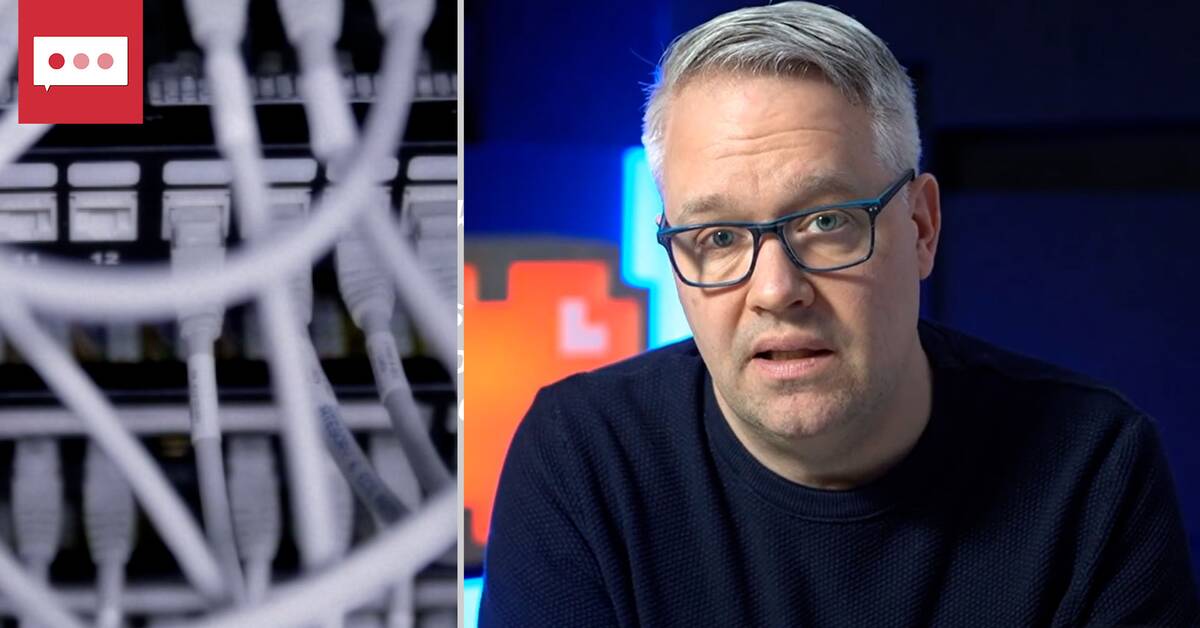With Russia's invasion of Ukraine, the already severely curtailed freedom of expression in the country was stifled.
The Russians who want independent information about the war have been allowed to use so-called VPN services to circumvent Russian censorship.
When you start a VPN app on your computer or mobile phone, the surfing goes through a digital tunnel and is encrypted.
It anonymizes users' location and identity.
Between February 24 - when the invasion began - and March 8, the ten most popular VPN apps in Google's and Apple's Russian online stores had been downloaded almost six million times.
The regime is trying to block
In mid-March, the Russian censorship authority Roskomnadzor blocked more than 20 VPN apps, and the newspaper Forbes recently reported that Russia has forced Google to remove addresses to websites with VPN services.
- It is in principle impossible to completely restrict access to VPN services.
As long as a country has a connection to the internet that ordinary citizens can access, it will always be possible to create VPN tunnels like this, says Måns Jonasson, digital strategist at the internet foundation.
However, it can make it much more difficult to use the technology.
- If you do not find a VPN service or do not know how to install one, it will be much more difficult for less technically savvy people to use them.
Then you manage to limit free information relatively easily, says Måns Jonasson.
VPN providers challenge Russian regime
Attempts to close loopholes for freedom of expression have also met with opposition.
The Russian-language media channel Radio Liberty reported last week that the three major VPN services Amnezia VPN, Proton and Highload VPN will offer free access to, among other things, social media, the BBC and Euronews for users in Russia.
Russia has already taken steps to isolate the country's internet.
A law approved by the Russian parliament in 2019 gave the censorship authority a greater opportunity to block sites and has been seen by many as an attempt to create an Internet after the closed Chinese model.
- If this continues, I believe that Russia will be like China and other totalitarian states.
There, the only ones who have access to free internet are those who dare to oppose the state's censorship, says Måns Jonasson.
- Those who with quite a high risk to their own lives dare to get VPN services despite the state banning it.
In China, for example, dissidents use various types of VPN services to access the Internet and obtain information, but this is associated with great risks.

